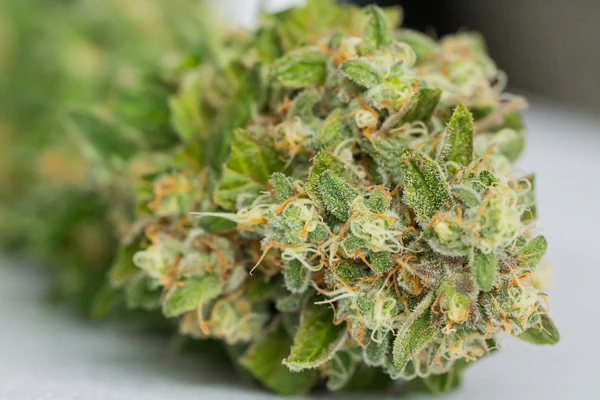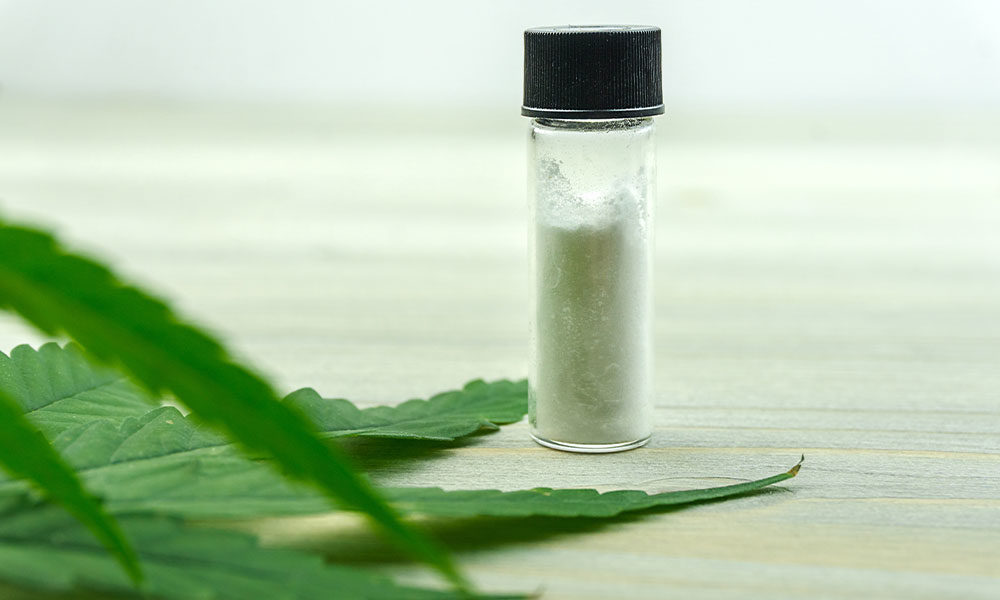A complex relationship exists between edibles and sleep, primarily because sleep itself is complex. Many people find that 10 mg edibles help promote a sense of relaxation, making it easier to unwind and drift off into a peaceful sleep. The process of sleep allows our bodies and minds to rest, and any disruption to this process impacts our health. The endocannabinoid system (ECS) regulates sleep, among other physiological processes, and edibles, especially those containing cannabinoids, may interact with it.
Cannabinoids and sleep – A complex relationship
Cannabinoids, such as CBD and THC, are known to interact with the ECS, which has receptors throughout our body, including the brain. They have various functions, including regulating sleep-wake cycles. CBD is believed to promote relaxation and reduce anxiety, which indirectly improves sleep quality. A direct effect of THC on sleep is that it binds to receptors in the brain associated with sleep regulation, potentially causing sleepiness.
Research insights – Edibles and sleep
Several studies have explored the potential of edibles in improving sleep. A study published in the journal Sleep Medicine Reviews in 2019 suggested that CBD could help treat insomnia and other sleep disorders. The study found that CBD reduced anxiety, one of the causes of insomnia. A 2020 review of existing research found that CBD may improve sleep quality and increase total sleep time in individuals with insomnia.

THC has a more established relationship with sleep. Some people report that it induces sleepiness and improves sleep quality. The effects of THC on sleep are not universally positive. The dosage and edible consumed play a crucial role in determining its impact on sleep.
Personalized approach to edible sleep aids
The effectiveness of edibles as sleep aids varies significantly from person to person. Factors such as individual tolerance, body chemistry, and the specific type and dosage of cannabinoid consumed all influence the outcome. Some individuals may find that low doses of THC-dominant edibles promote deep, restful sleep, while others may experience disrupted sleep or even increased wakefulness.
Increasingly popular edible products have flooded the market with a variety of options, making it difficult for consumers to choose the right product. Here are some key considerations when selecting an edible for sleep:
- Cannabinoid content – Look for edibles that contain a balance of CBD and THC, as this combination may offer the best of both worlds: the relaxation benefits of CBD and the sleep-inducing effects of THC.
- Dosage – Start with low doses, especially if you’re new to edibles. You adjust the dosage based on your tolerance and desired effects.
- Product reviews – Read reviews and seek recommendations from trusted sources to find edibles that have been effective for others in promoting sleep.
- Consult a healthcare professional – If you have any concerns or underlying health conditions, it’s always best to consult with a healthcare provider before incorporating edibles into your sleep routine.
The research surrounding edibles and sleep is promising, suggesting that these unique treats offer a natural and effective solution for those struggling with sleep. It’s important to approach edibles with caution and awareness, as the effects vary greatly between individuals. By understanding the science behind sleep and edibles and by making informed choices, individuals potentially harness the benefits of cannabinoids to improve their sleep quality.

